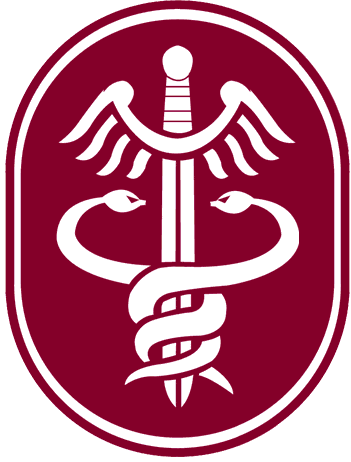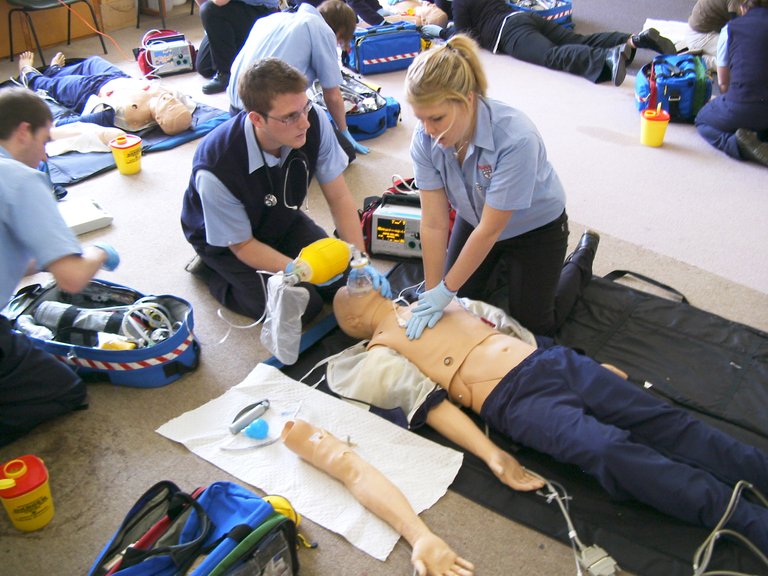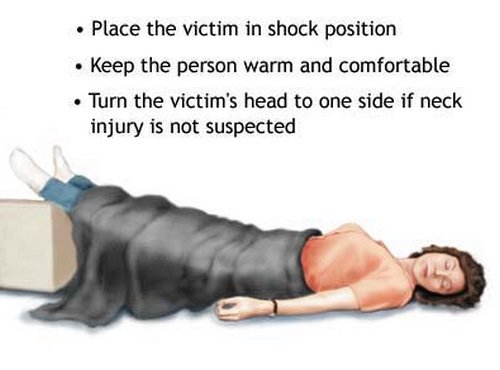I personally worked several years as a medic in the US Army and was a certified EMT & Wilderness 1st Responder following the Army. I also hold a Bachelors degree in Community Health Education with a Minor in Emergency Medicine.

Way to often do people die due to lack of proper identification of their injuries. Many medics tend to focus on the visible injuries while overlooking the scene indicators. This leads to improper treatment of trauma patients and many times their death. In school we are taught to check everything whether it hurts or not, cut away all the clothes, and always suspect head and spine trauma. What happens between school and actually working on the job?

I feel that people get into a rush when they see an accident. They go into this robot mode and want to fix everything and look like a hero or hotshot. Instead they should be acting like a medical professional and not let the adrenaline rush take over. So many people could live if they just took the time to properly manage the patient.

I believe this could be accomplished by teaching first aid regularly in high school and bringing awareness into the class room. Also, we need to stop glamorizing every little thing we call heroic. By teaching our children at an early age the facts of life, death, responsibility, and so on, we bring them to understand such things. Instead we drop them off at the start of the game of life when they turn eighteen expecting them to acquire the knowledge on their own. This leads to people trying to be like the heroes on television and overlooking the big picture.

Nobody dies directly from their injury in my opinion. People die from shock and shock only. No matter what type of injury you may acquire it always leads to some form of shock. Shock is when the body starts to shut down piece by piece. Starting with the arms and legs the brain tells the circulatory system to stop supplying blood to any non-life supporting parts. As the condition worsens due to the patients’ injury the brain shuts down more and more of your body until ultimately dying from shock.


If more EMS workers would learn how to identify shock and its stages, along with properly identifying the scene indicators, more people would survive traumatic injuries. We also need to teach our children that what you see on television is not heroic, it is glamour.
Brought to you by:

Thanks for the important knowledge of managing the shock issue.
yeppers...
Congratulations, your post has been selected to be included in my weekly Sustainability Curation Digest for the Minnow Support Project.
Editor of the The State of Steem SoS Daily News.
Promoter of The State of Steem SoS Weekly Forums.
Editor of the weekly listing of steem radio shows, podcasts & social broadcasts.
Founder of the A Dollar A Day charitable giving project.
thank you :)
Great article.
thanks. i wrote it a few years ago. just added the pictures tonight though.
Very informative. Most people don't even think about treating for shock
thank you. your are right and its a shame.
Treating shock is now heavily trained in First Aid Training. I just took a course a month ago.
yes but not always taught everywhere and not always performed in real life scenarios where treatment is needed. more times than not its overlooked.